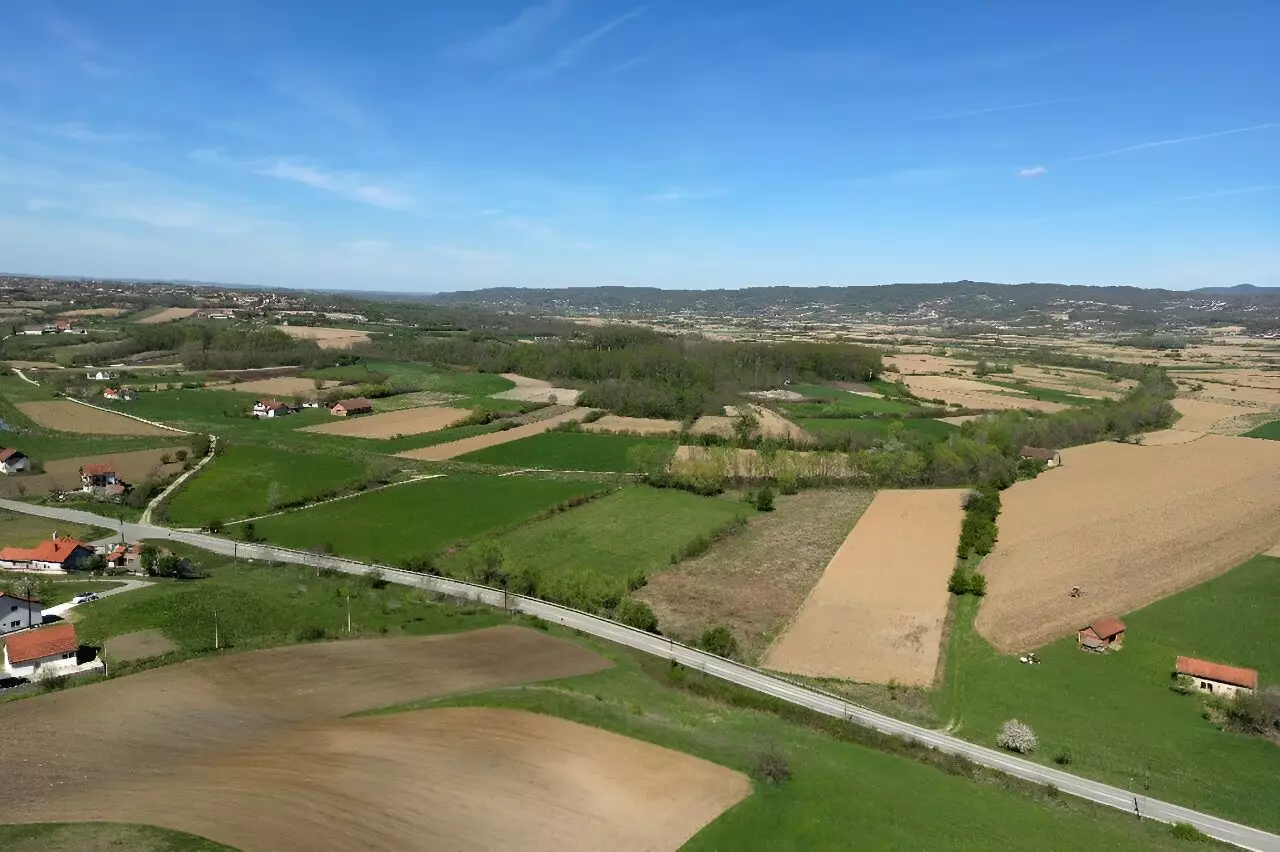President Aleksandar Vucic recently announced that Serbia could potentially begin exploiting its lithium reserves as soon as 2028. This optimistic timeline comes after receiving new guarantees from the Australian mining giant, Rio Tinto, and the European Union regarding the controversial mining project. It is believed that the Jadar region in western Serbia is home to one of the largest lithium reserves in Europe, a critical resource for the production of electric vehicle batteries.
Despite the economic benefits and potential boost to the country’s automotive industry, the lithium mining project has faced strong opposition from environmentalists and local communities. In 2022, the Serbian government halted the project due to concerns over its impact on the environment and public health. Critics accused Rio Tinto and Vucic of lack of transparency and failure to disclose environmental impact reports. However, the mining giant has since released an environmental impact report to address these concerns and assure the public of their commitment to sustainability.
Rio Tinto has responded to the criticisms by denouncing what they call a “broad misinformation campaign” based on unfounded claims. The company has pledged to use safe and proven technology in the mining process while adhering to strict environmental standards. The publication of the environmental impact report is seen as an attempt to reset the terms of the debate and regain public trust. With the potential to produce 58,000 tonnes of lithium annually, the mine could significantly impact electric vehicle production in Europe and alleviate concerns over the region’s reliance on imported resources.
In September 2023, Serbia signed a letter of intent with the European Commission to establish a strategic partnership in batteries and raw materials. This partnership signals a commitment to sustainable resource management and economic growth through the development of the lithium mining industry. If successfully implemented, the lithium mining project could not only benefit Serbia but also have ripple effects across the entire region, positioning it as a key player in the global transition to electric vehicles.
The future of lithium mining in Serbia holds great promise, but it is essential to address environmental concerns, ensure transparency, and uphold stringent standards to achieve sustainable development. The collaboration between Rio Tinto, the Serbian government, and the European Union demonstrates a willingness to overcome challenges and work towards a common goal of economic prosperity and environmental stewardship.


Leave a Reply